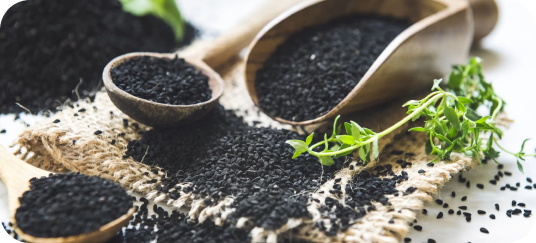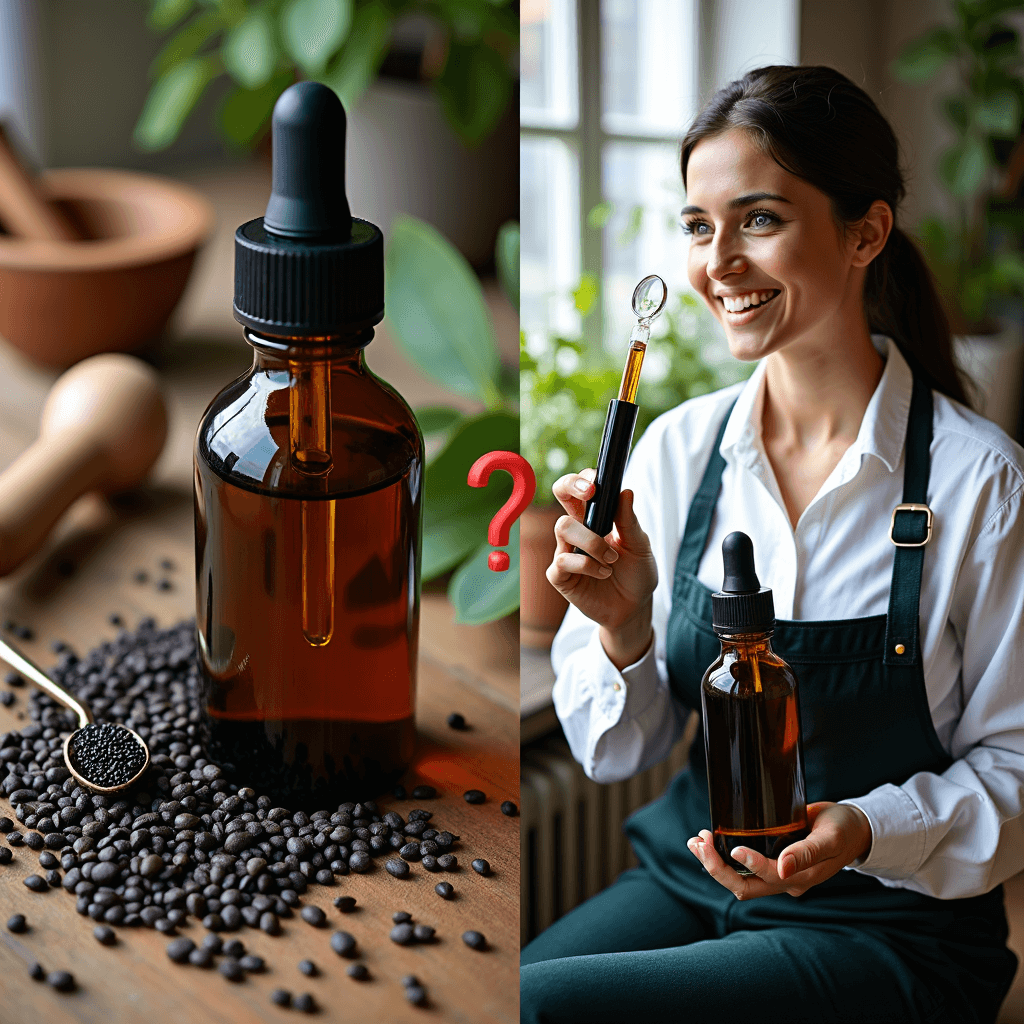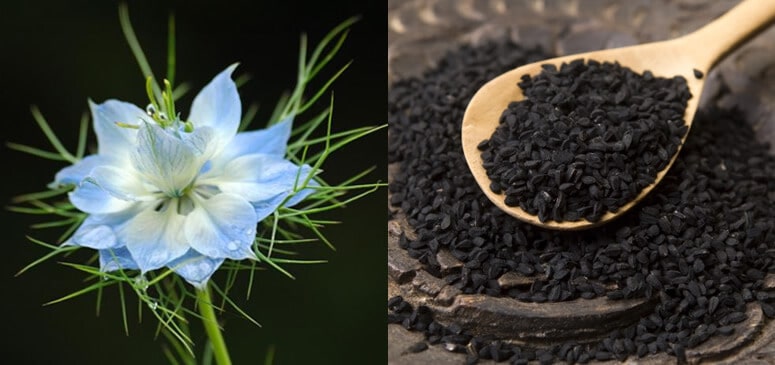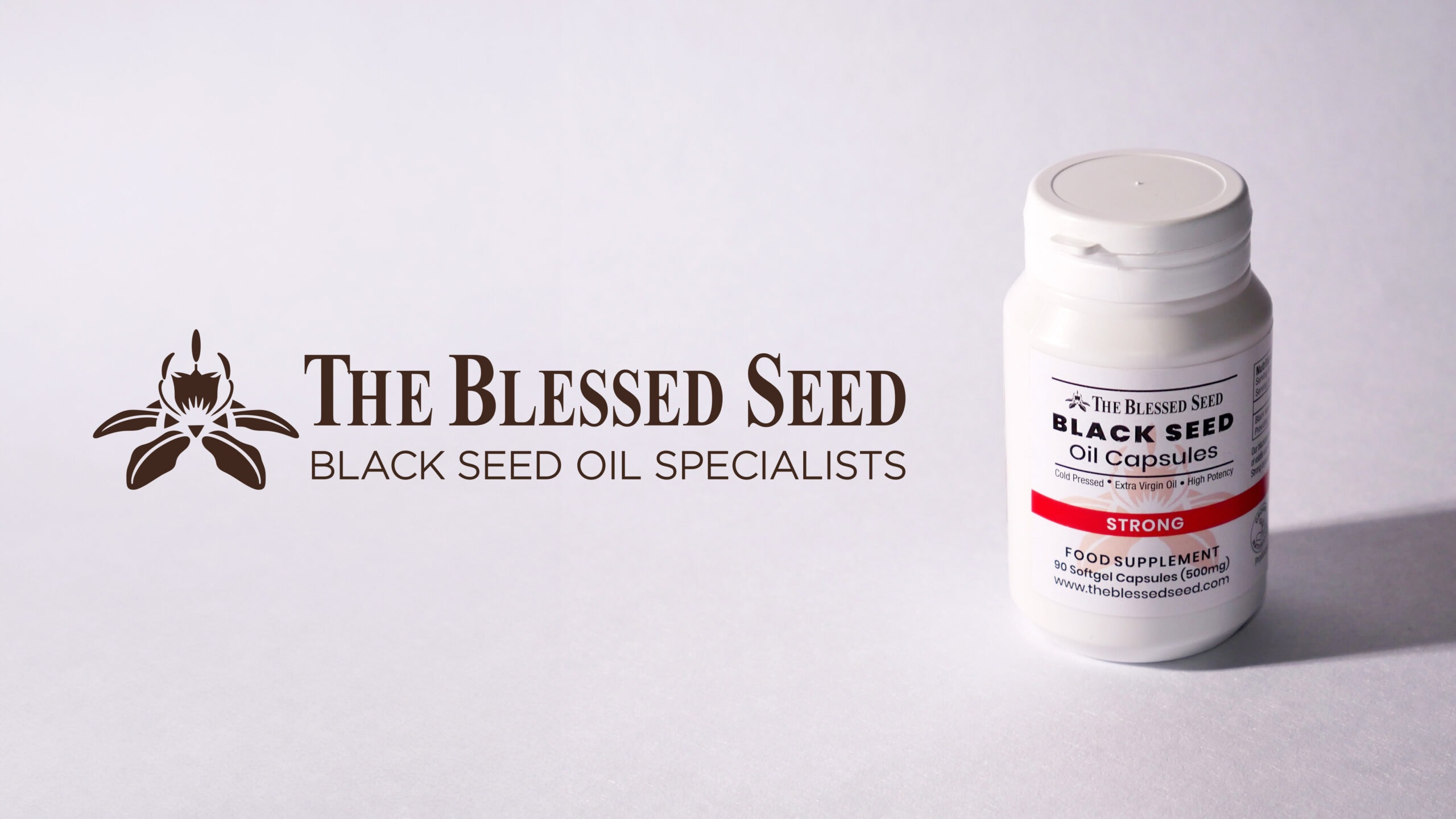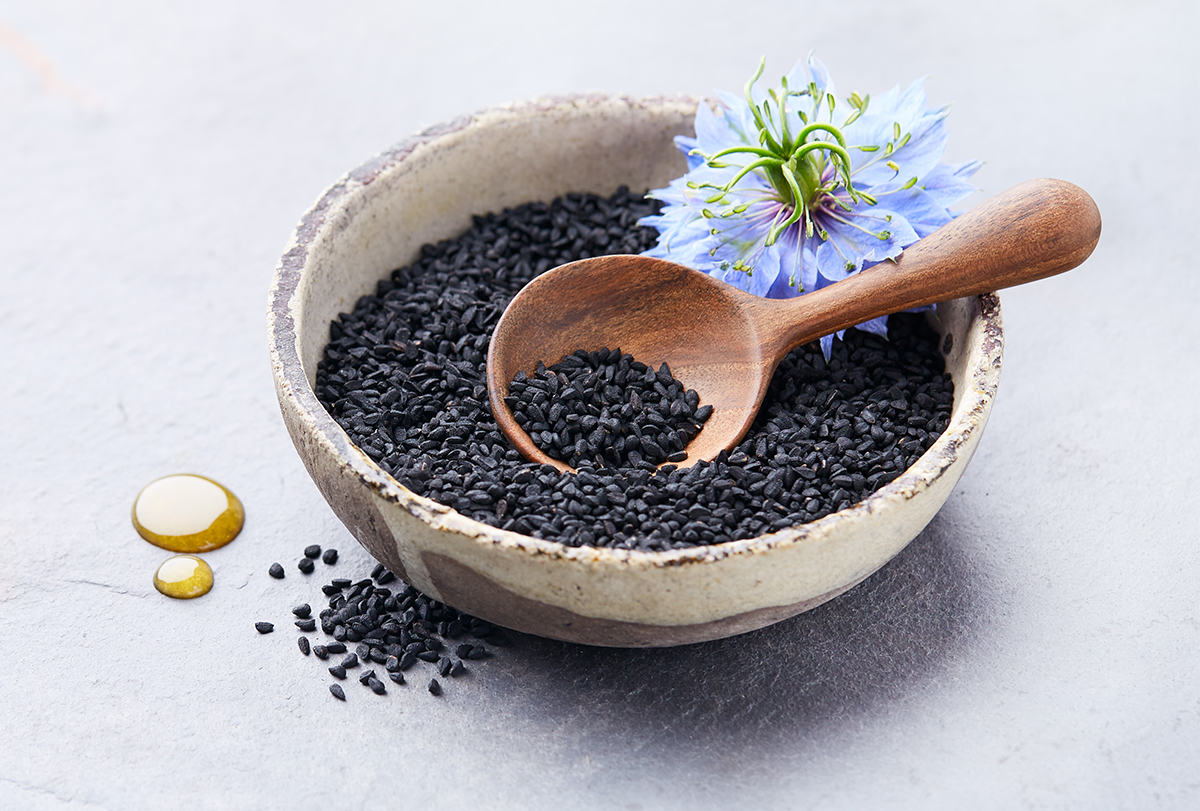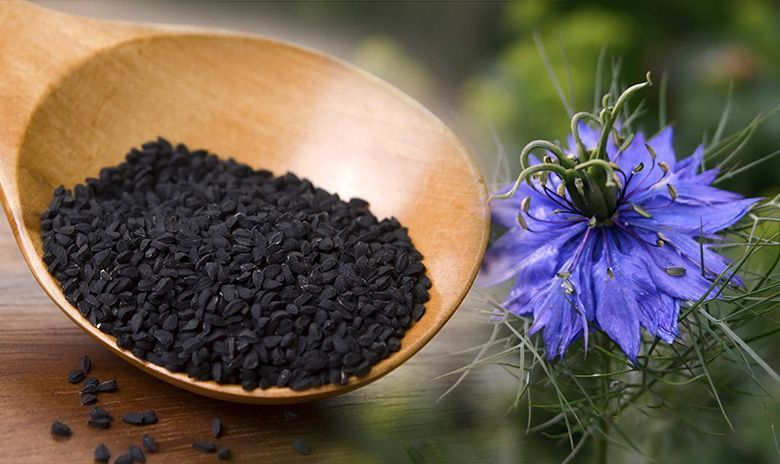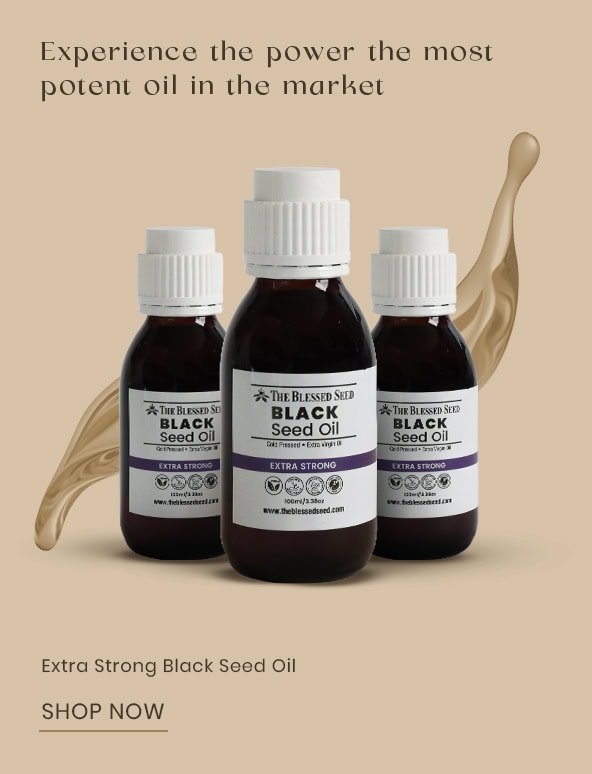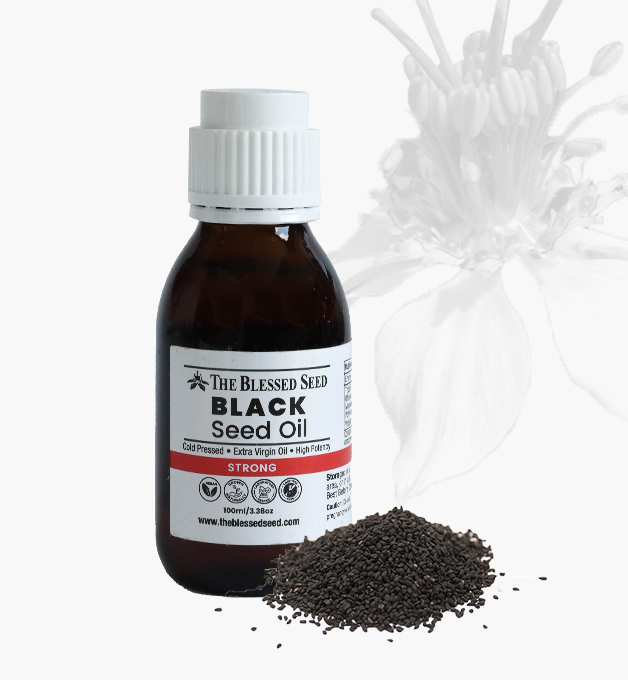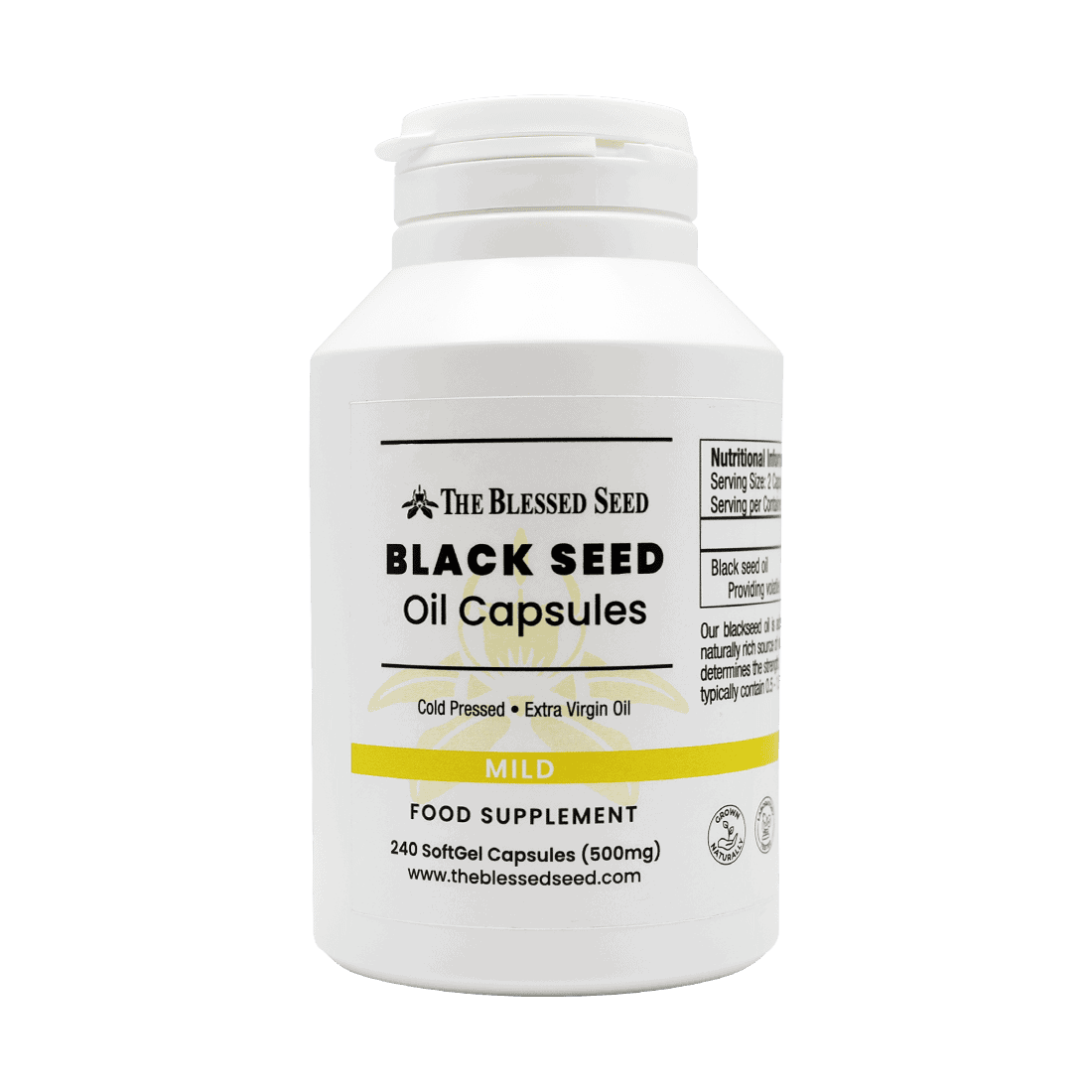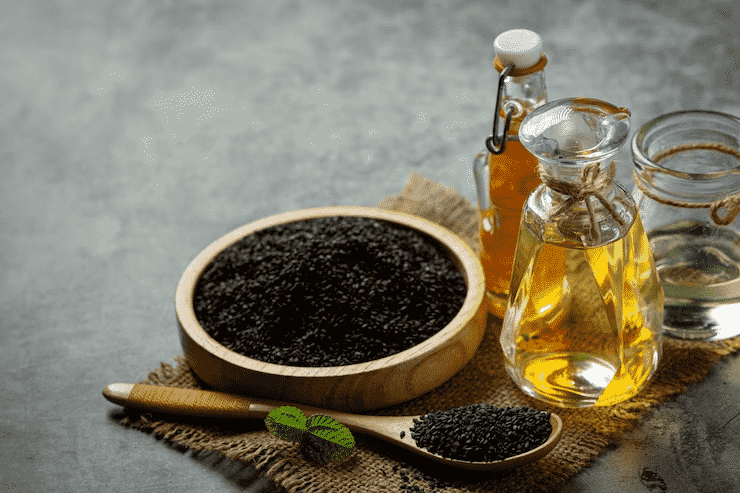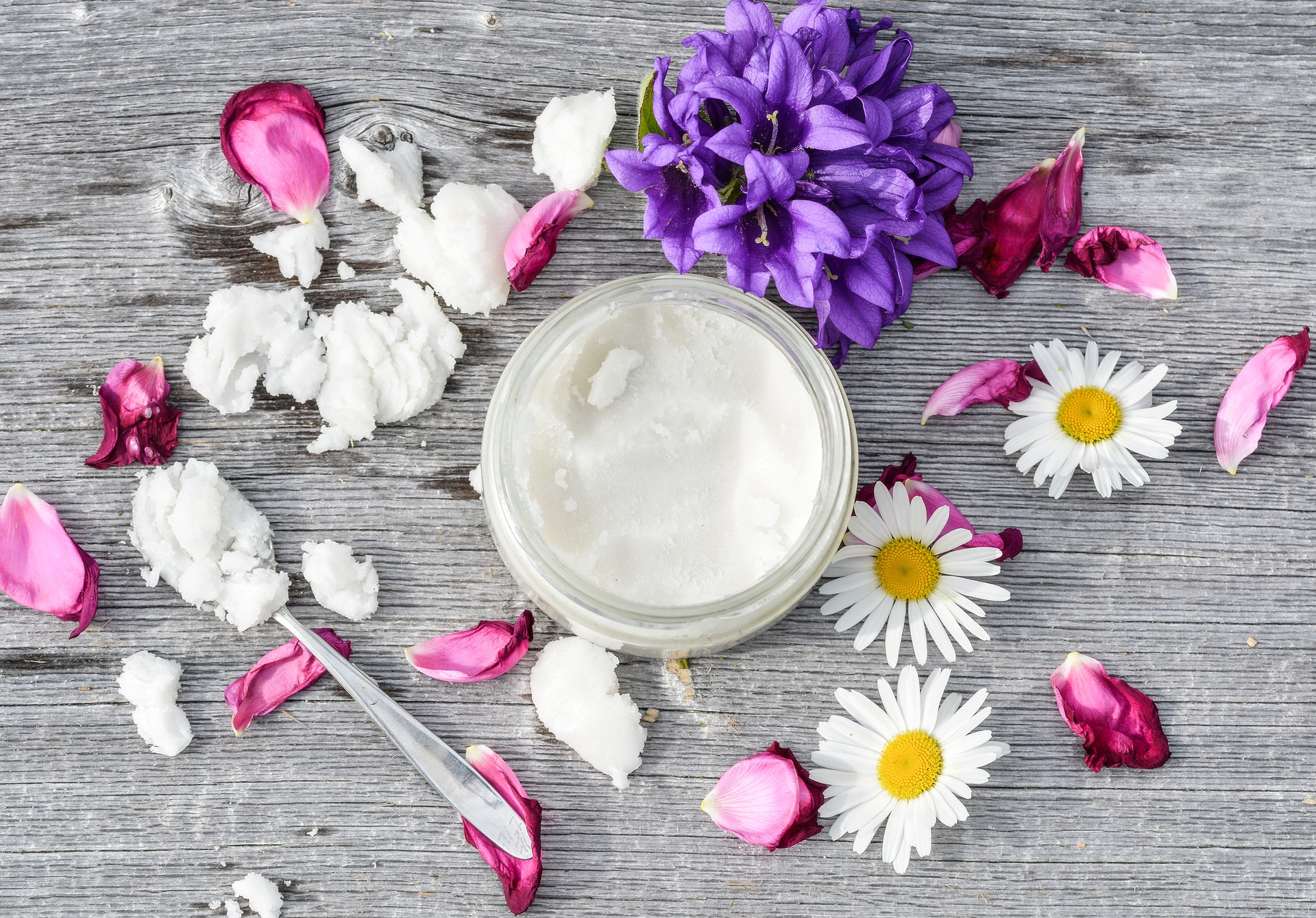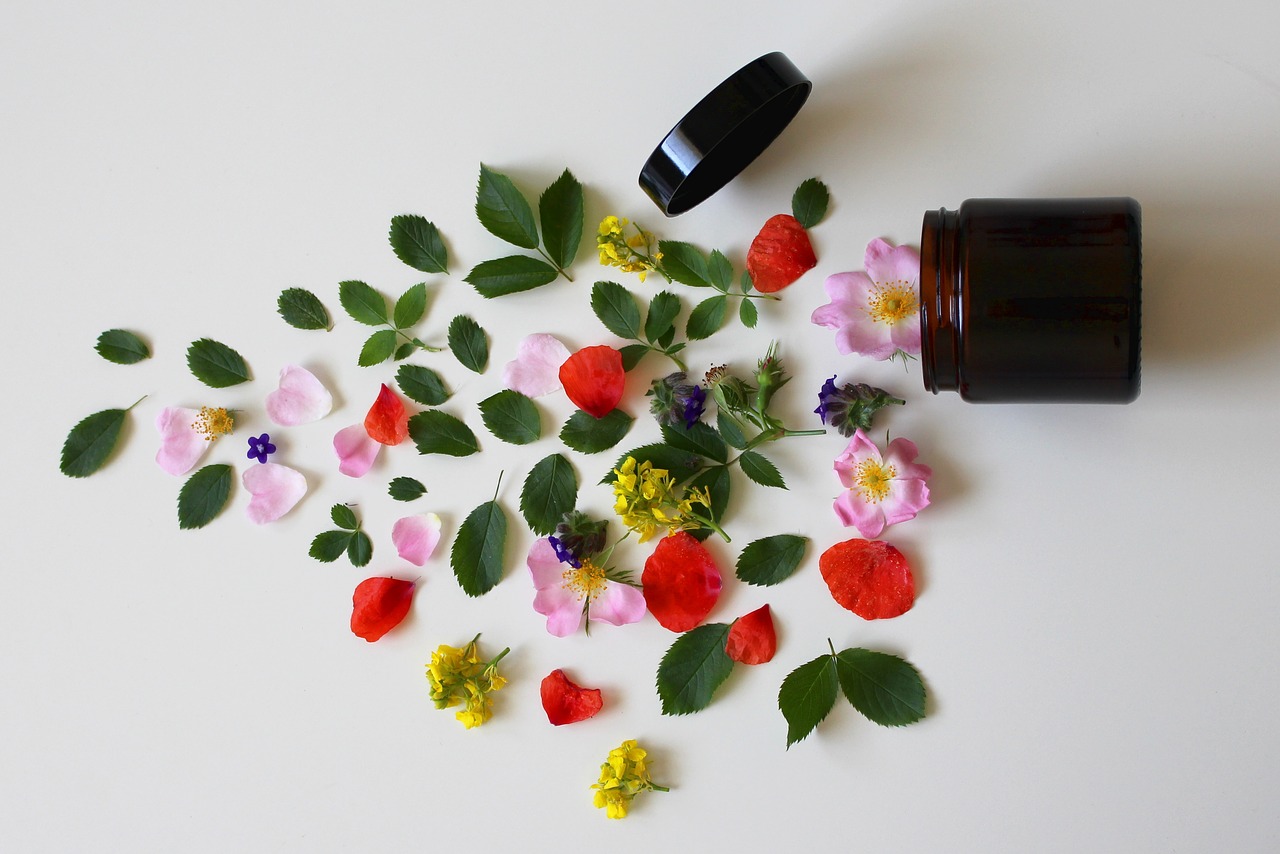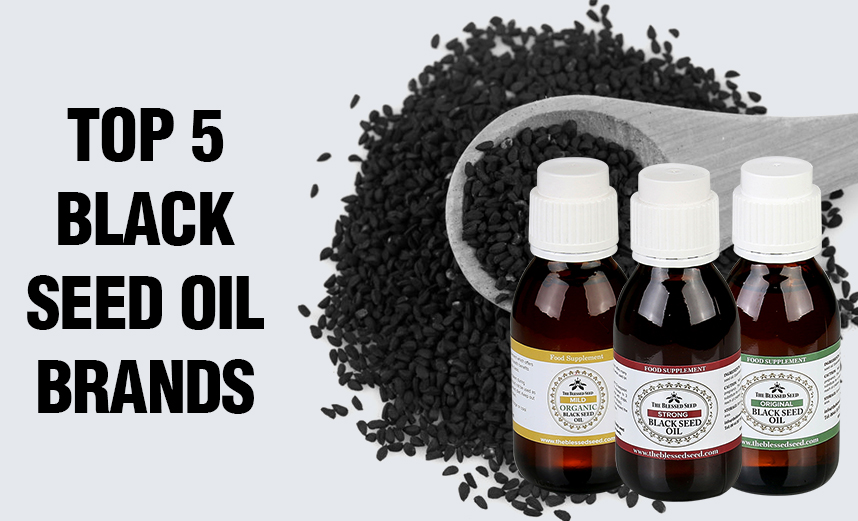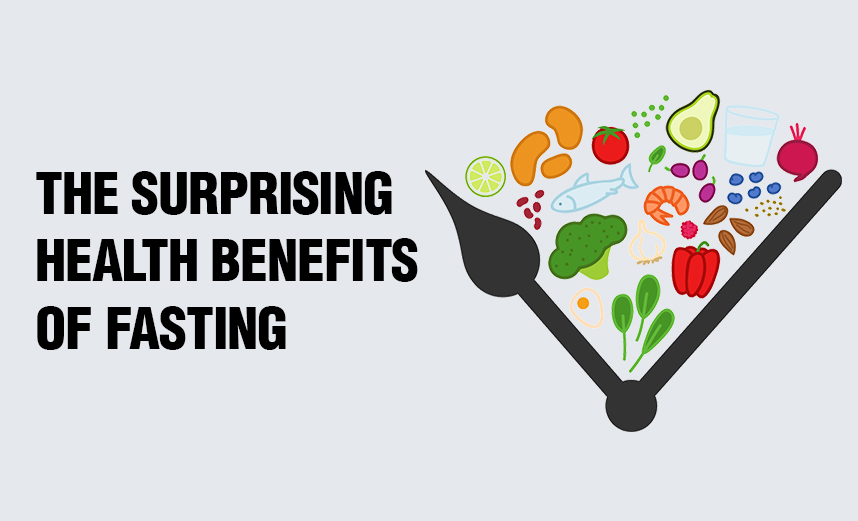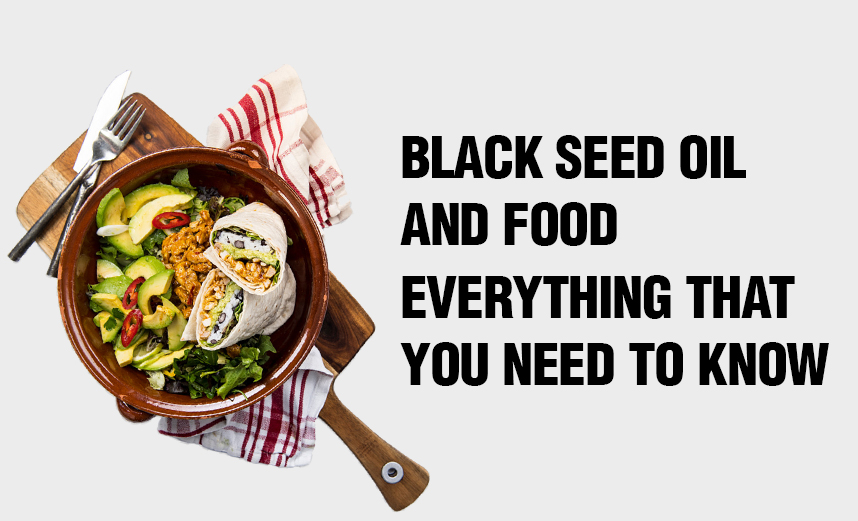Black Seed Oil, extracted from the seeds of the Nigella sativa plant, is gaining traction as a health supplement worldwide. Yet, Middle Eastern and Mediterranean countries have used these seeds medicinally for centuries. It is as if the rest of the world has finally caught up with the myriad benefits derived from these seeds. And what is the major compound responsible for these benefits? A compound known as thymoquinone. Certain companies have started marketing black seed extracts and claiming higher thymoquinone content. But is taking thymoquinone in such dosages safe? Could there be side effects? And if so, what are they?
Black Seed Oil Volatility
The Blessed Seed Company was the first company to offer strong black seed oil. The company noticed that the volatile strength of the oil varies depending on the source of the seeds. Interestingly, the strongest black seeds come from an area of Ethiopia. The seeds are cultivated in a high-altitude climate. The climate, together with soil conditions in this particular region, seems to work together to produce a seed that results in an oil with an exceptionally high thymoquinone content.
After scouring the market and comparing other black seed oils to ours, we found the highest comparable thymoquinone content between four and five per cent.
Black Seed Oil Interaction With The Body
Black Seed Oil is considered safe to use for everyone. Some people may however experience some mild side effects. In this case, they should stop taking the oil. The problem should speedily clear up by itself.
The interesting thing about the oil is that it exerts its effect on the body at a cellular level and by means of various physiological processes. Its gentle action gradually affects the body in a positive way, with continued use increasing the oil’s benefits. Using it will not immediately solve a health issue. This is one of the reasons you start with a smaller dosage and intensify it over time as your body grows used to its interactions.
The thymoquinone and other compounds found in the oil may increase antioxidant activity, reduce inflammation, promote immune health, and balance your blood lipid, blood pressure, and blood glucose levels.
The Importance Of Thymoquinone
Thymoquinone is probably the most important compound found in black seeds. This is because of its wide range of medical applications1. These include diabetes, asthma, cough, influenza, bronchitis, eczema, inflammation, hypertension, and many others.
The reason for this wide application is that thymoquinone has antioxidant, anti-inflammatory, and hepatoprotective properties.
Something less known about this compound, however, is its anti-cancer activities2. These include:
- Inhibiting cell proliferation – i.e., preventing the creation of new cancer cells
- Stops migration – i.e., stops current cancer cells from moving to new areas of the body
- Inhibits invasion – i.e., prevents cancer from invading healthy cells or regions of the body
Thus far, studies prove promising for various types of cancer2, including breast, lung, gastric, colon, prostate, skin, ovarian, and cervical cancer. It also looks promising for the treatment of leukemia.
Black Seed Extracts
An extract is a substance obtained from the seeds, leaves, or flowers of a plant. It is obtained from the plant through a process that uses a solvent3. The most common solvents used are oils, alcohol, and water.
What one needs to keep in mind is that a plant extract is not a pure substance. It is a mixture of different compounds. In the case of a Black Seed extract, you will find not only thymoquinone but also alkaloids, terpenes, and flavonoids. Each has its own function.
A thymoquinone extract taken from Black Seed Oil may have a higher concentration of this compound. This does not mean that it has an increased efficiency rate when compared to Black Seed Oil. It may also not have the desired health benefits.
In many cases, companies add an extract to their Black Seed Oil or other Black Seed Products. This is to create a product with higher-than-normal thymoquinone levels.
What You Need To Know About Taking Very High Dosages Of Thymoquinone
Taking thymoquinone in Black Seed Oil does not pose a health risk in most instances. We cannot necessarily say the same when we find it in a highly concentrated form, as is the case with an extract. It could prove toxic4 in some cases. Common side effects associated with taking concentrated amounts of thymoquinone include acute pancreatitis, ileus (the gastrointestinal tract no longer expels waste), weight loss, and increased serum amylase (a digestive enzyme that breaks down carbohydrates) levels.
In Conclusion
People have come to learn about the powerful benefits of thymoquinone and thus believe that taking a product with an extract to make it more powerful will improve the benefits inherent in Nigella sativa. But you must keep in mind that this is a man-made and not a natural creation. The oil’s volatility is usually naturally associated with the climate and soil type where Nigella sativa is cultivated.
Many companies in the healthcare market will expound the virtues of their product(s) because of their strength resulting from the added extract. Yet they do not have proof of clinical trials and tests to back up their statements. These trials and tests cost a lot of money and do not magically appear overnight. They take time, effort, and money.
So, before you consider a product making these claims, please do your homework and find out whether the product contains an added extract and whether the company has done the research to prove its safety and efficacy.
References:
- Khader, Mohannad, and Peter M Eckl. “Thymoquinone: an emerging natural drug with a wide range of medical applications.” Iranian journal of basic medical sciences vol. 17,12
- (2014): 950-7.Almajali, Belal et al. “Thymoquinone, as a Novel Therapeutic Candidate of Cancers.” Pharmaceuticals (Basel, Switzerland) vol. 14,4 369. 16 Apr. 2021, doi:10.3390/ph14040369
- Abubakar, Abdullahi R, and Mainul Haque. “Preparation of Medicinal Plants: Basic Extraction and Fractionation Procedures for Experimental Purposes.” Journal of pharmacy & bioallied sciences vol. 12,1 (2020): 1-10. doi:10.4103/jpbs.JPBS_175_19
- Abukhader, M M. “The effect of route of administration in thymoquinone toxicity in male and female rats.” Indian journal of pharmaceutical sciences vol. 74,3 (2012): 195-200. doi:10.4103/0250-474X.106060
